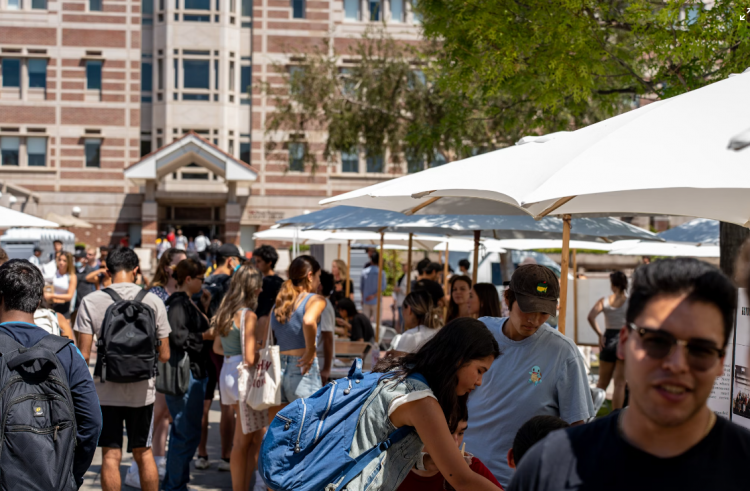The University of Southern California (USC) has drawn fierce criticism from a prominent Muslim civil rights group after barring the valedictorian, Asna Tabassum, from delivering her commencement speech due to security concerns sparked by her social media posts supporting Palestinian statehood.
In a statement, the Council on American-Islamic Relations (CAIR) condemned USC's move as a "cowardly decision" that "succumbed to a campaign of hate meant to silence" Tabassum's voice. CAIR's Los Angeles chapter leader, Hussam Ayloush, dismissed concerns over campus safety as "disingenuous" and accused the university of caving to "manifestations of Islamophobia and anti-Palestinian racism."
The controversy unfolded after pro-Israel groups, notably Trojans for Israel, objected to Tabassum's selection over her Instagram account linking to a slideshow that advocated for "one Palestinian state" and "the complete abolishment of the state of Israel" - rhetoric the group denounced as "antisemitic bigotry."
In announcing the decision on Monday, USC Provost Andrew Guzman cited an "alarming tenor" surrounding Tabassum's selection and the "intensity of feelings" fueled by the Israeli-Palestinian conflict. He expressed concern over "substantial risks relating to security and disruption" at the upcoming May 10 ceremony expected to draw 65,000 spectators.
"There is no free-speech entitlement to speak at a commencement," Guzman stated, asserting that "the issue here is how best to maintain campus security and safety, period." While calling the cancellation "disappointing," he maintained "tradition must give way to safety."
Tabassum, a first-generation South Asian American Muslim from Chino Hills pursuing biomedical engineering and a resistance to genocide minor, voiced shock over the decision which deprived her of using the speech to "inspire my classmates with a message of hope." She claimed USC had resources for appropriate security measures but refused to present an image reliant on "increased security protections."
The Palestinian biomedical student was among nearly 100 candidates with exceptional GPAs considered for valedictorian by a committee that did not assess "social media presence," according to Guzman.
As U.S. campuses grapple with debates over Israel-Palestine amid escalating Mideast violence, the episode underscores rising tensions between protecting free expression and addressing legitimate safety concerns. Critics accuse USC of capitulating to outside pressure groups and stifling important dialogues on human rights.
Ayloush asserted, "USC cannot hide its cowardly decision behind a disingenuous concern for 'security.' The dishonest and defamatory attacks on Asna are nothing more than thinly-veiled manifestations of Islamophobia and anti-Palestinian racism."
USC contends its sole consideration was risk mitigation during the high-profile ceremony for over 19,000 graduates. However, the furore highlights mounting challenges universities face in fostering open discourse while ensuring campus security amid polarizing geopolitical tensions.






